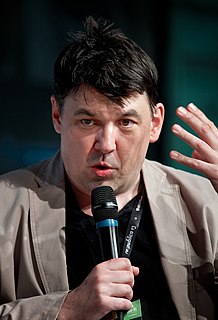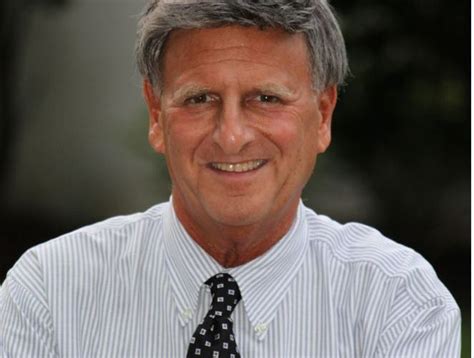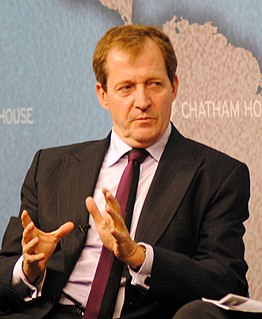A Quote by Chuck Wendig
Related Quotes
Robert McKee says humans naturally seek comfort and stability. Without an inciting incident that disrupts their comfort, they won’t enter into a story. They have to get fired from their job or be forced to sign up for a marathon. A ring has to be purchased. A home has to be sold. The character has to jump into the story, into the discomfort and the fear, otherwise the story will never happen.
My fictional worlds were those of a fabulist, of an intellectual fantasist. I was the lawgiver, and the countries and inhabitants of my imagination were answerable to me. If I wished for a man to levitate; to enter another's story by rowboat or by intoning a sentence or by performing a shadow-puppet play; if I wanted him to become a swarm of intelligent elementary particles and enter the Internet and travel into the past and far into the future, it was so.
Usually at the end of each story we're thrown clear out of the story's world and then we're given a new world to enter. What's unique about a linked collection is that it can deliver both sets of narrative pleasures - the novel's long immersion into character-world and the story anthology's energetic (and mortal) brevity - the linked collection is unique in its ability to be both abrupt and longitudinal simultaneously.






































